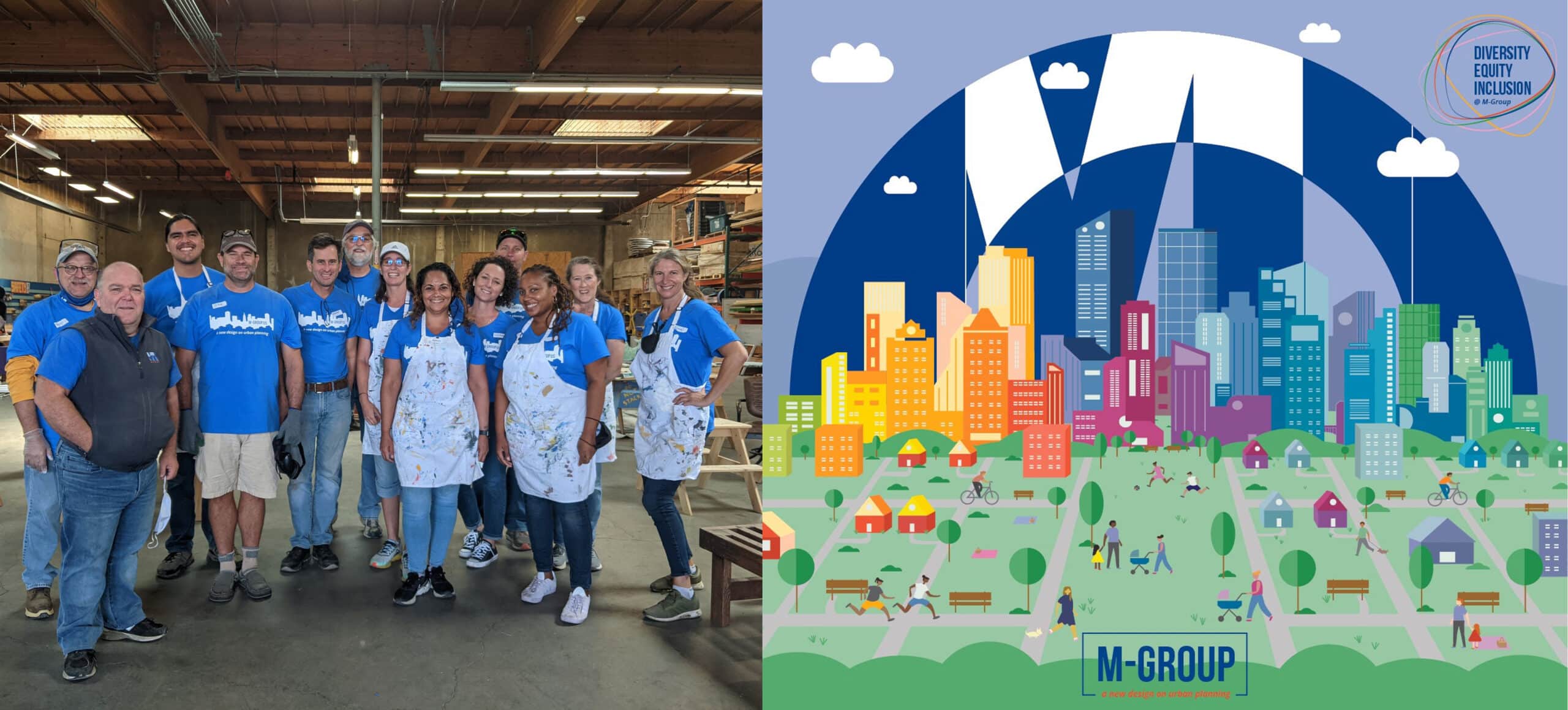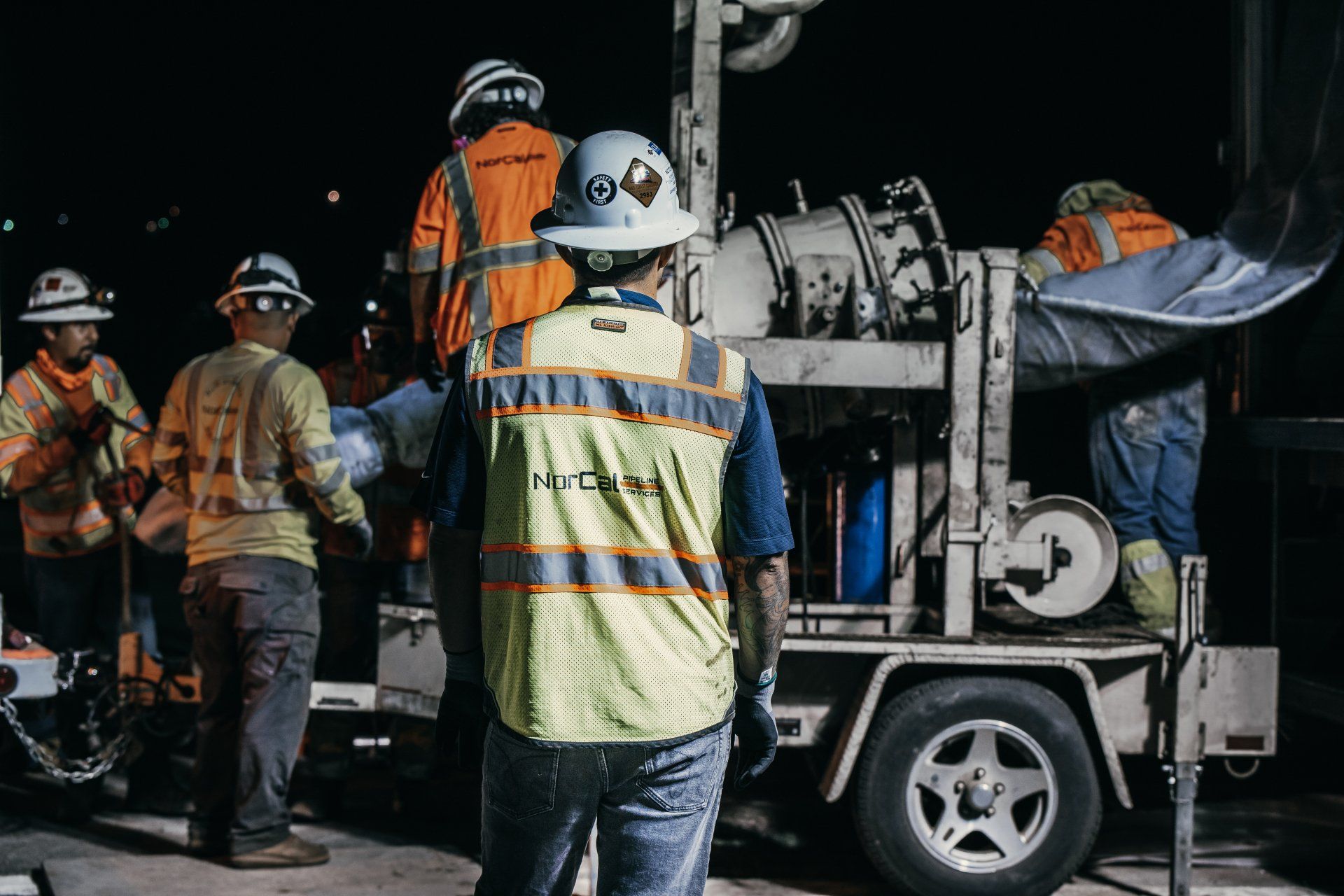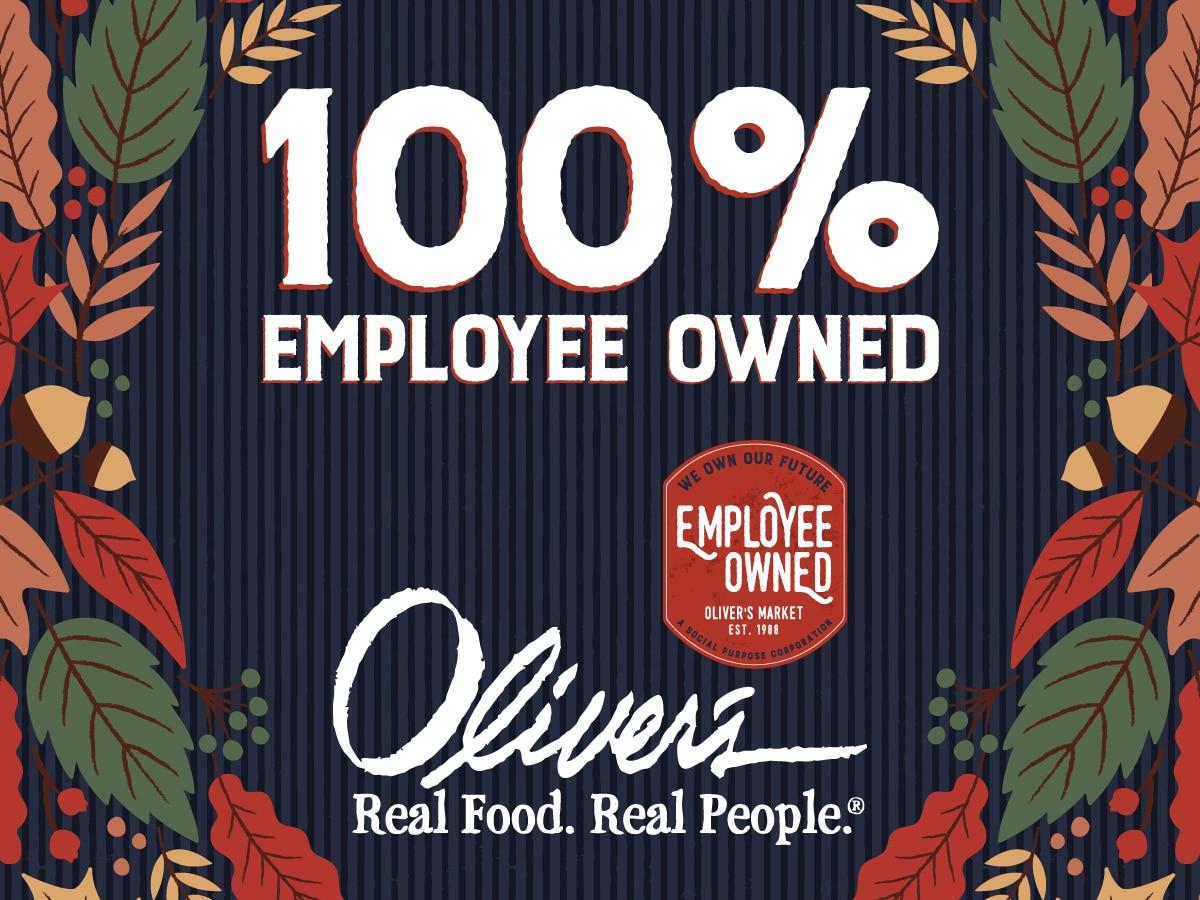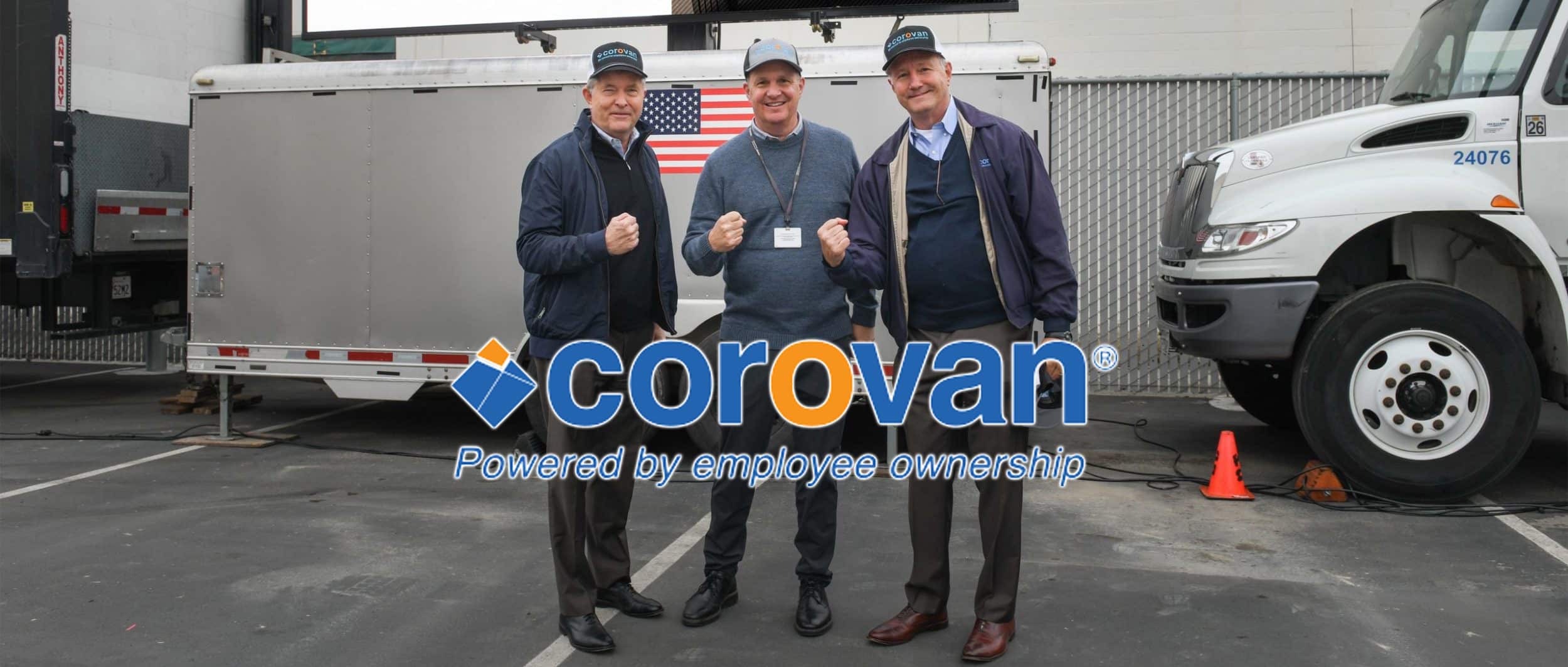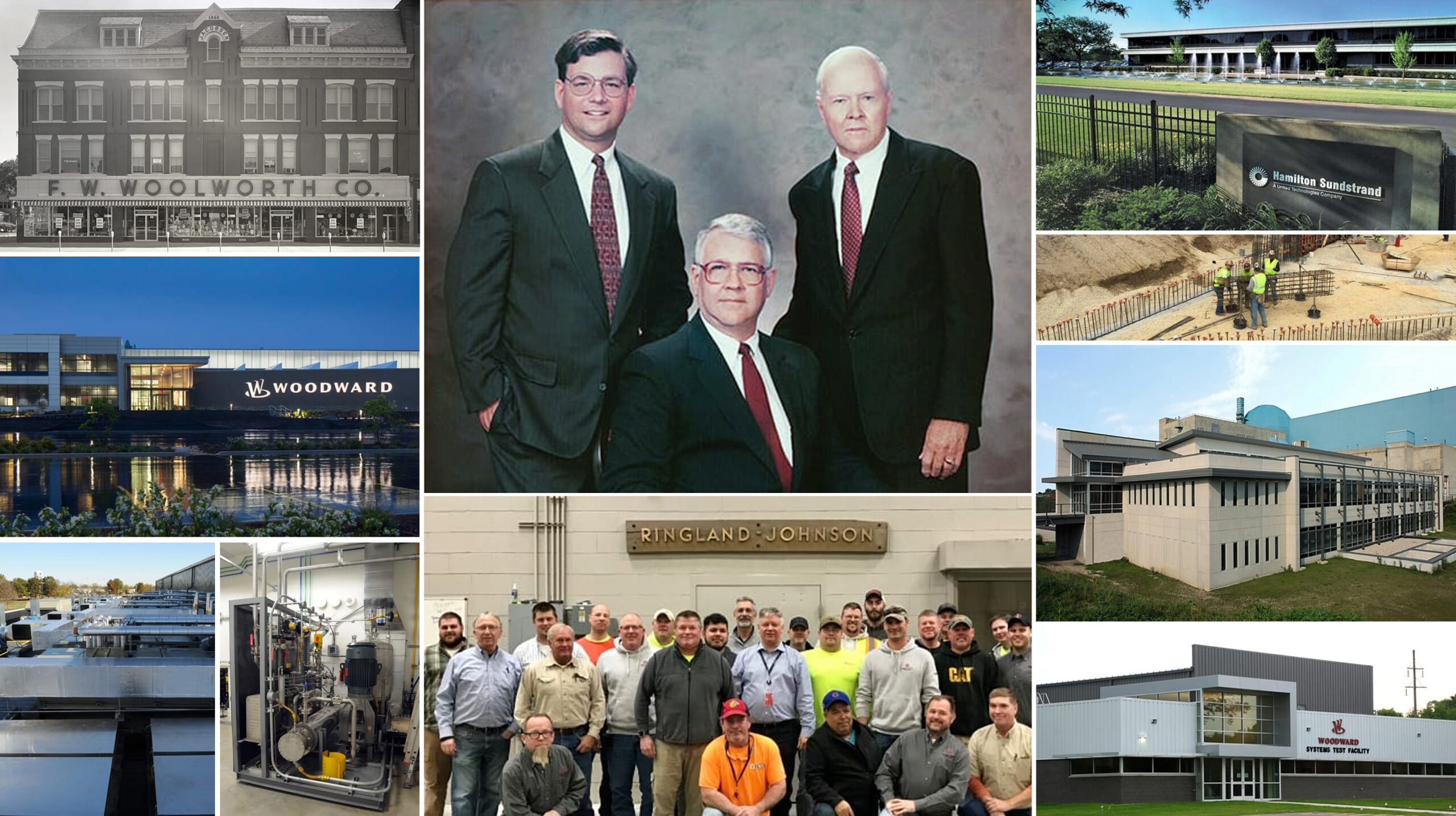This report, which was featured in the New York Times and Nonprofit Quarterly, confirms what many employee ownership experts, including those of us here at the Menke Group, had already suspected: that ESOP companies have been much more successful than their competitors at protecting their workers’ livelihoods. The report shows that companies that are majority ESOP-owned experienced average job losses of 4.8%, while all other firms suffered average job losses of 19.5%.
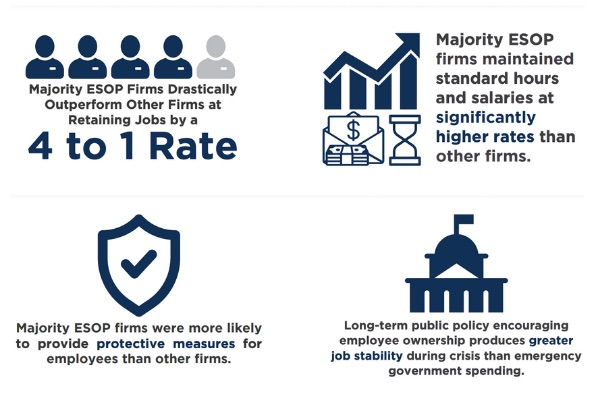
The report confirms what many employee ownership experts, including those of us here at the Menke Group, had already suspected: that ESOP companies have been much more successful than their competitors at protecting their workers’ livelihoods.
And that is only one of the metrics by which employee-owned businesses have fared better than their traditionally owned counterparts during this crisis. Here are some of the report’s other findings:
- ESOP companies were 3.63 times more likely to retain non-managerial staff than traditionally held companies.
- ESOP companies were 3.95 times more likely to retain managers than traditionally held companies.
- Only 35.5% of majority ESOP companies cut hours for one or more employees, compared to 62.9% of other companies.
- When ESOP companies had to cut hours, the cuts affected fewer employees: 16.4% of their workforce vs. 25.7% of the workforce at traditionally held companies.
- Only 26.9% of majority ESOP companies cut their employees’ pay, compared to 57.3% of other firms.
When ESOP firms did have to implement pay cuts, the size of those cuts was often larger than at non-ESOP companies (41.3% vs. 28.6% on average). The Rutgers study attributes this to ESOP companies making deeper cuts to managerial salaries.
This illustrates precisely how ESOP firms are able to remain more resilient during times of crisis. It’s not that ESOP companies are somehow immune to hardship—they are not—but rather that putting workers first and giving every employee an ownership stake and an ownership mentality leads to creative group problem-solving in order to avoid job losses. And when there is going to be pain, there is a willingness to share that pain across all levels of the organization, instead of letting it all fall on the people at the bottom.
As we have discussed on this site previously, earlier Rutgers Institute studies have shown that ESOP companies significantly outperformed traditionally owned firms during the last two recessions. We’ve also covered an NCEO study that showed that the large majority of ESOP companies felt that their ESOP had a positive impact on their response to the COVID-19 pandemic, as well as a JUST Capital survey that proved that workers and consumers want to work for—and buy from—companies that embody the values of employee ownership.
There was ample data to suggest that ESOP companies would likely outperform their competition during the pandemic. But the COVID era is more than an economic downturn; this is a global health crisis unlike anything that has been seen since well before ESOPs even existed.
This newest Rutgers Institute report is the first conclusive data that shows that, even in the face of this uniquely challenging time, ESOP companies have risen above their competition. They have protected jobs, they have protected hours, and they have positioned themselves for a faster, stronger recovery.
The COVID-19 pandemic has prompted a surge of interest in ESOPs precisely because of their tested and proven resilience. The Menke Group has been proud to help a wide range of businesses convert to employee ownership during this time (for just one example, read about Applewood Seed Company). Will your business be next?
Contact us today for your free preliminary analysis to see if a Menke ESOP is right for you.
Menke & Associates, Inc. has helped over 3,500 companies successfully transition to employee ownership. Our holistic ESOP approach enables a positive outcome for the company, its employees and its shareholders. We believe ownership is powerful.



